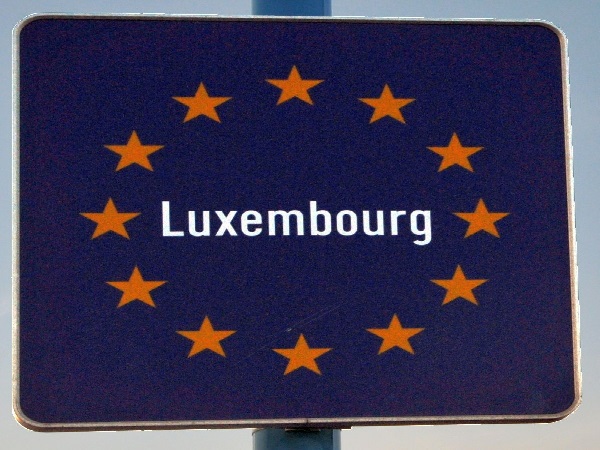
On Wednesday 19 August 2020, the German Federal Government announced that it was lifting travel restrictions on people from Luxembourg with immediate effect as the perception of the Grand Duchy as a high risk area has reduced.
In an initial reaction to this announcement, Luxembourg's Minister for Foreign and European Affairs, Jean Asselborn, expressed his relief at today's decision to remove Luxembourg from the list of COVID-19 risk areas. At the same time, he recalled that the classification of Luxembourg as a risk area had massive effects in the border region. Citizens on both sides of the border faced a variety of problems for the second time in a few months. For example, students were denied access to their university in Germany and patients were denied important medical interventions.
In this context, Minister Asselborn emphasised the close cooperation, especially with Rhineland-Palatinate, Saarland and North Rhine-Westphalia, which despite everything made it possible to find pragmatic solutions in many cases. "In such a networked region as the Greater Region around Luxembourg, such measures represent a deep cut in the coexistence of people. We should ensure closer bilateral coordination in future so that this does not happen again," the minister continued.
Luxembourg is currently by far the country with the highest test rate in the EU. The 200,000 or so daily cross-border commuters are systematically invited to take a test in Luxembourg. According to the European Center for Disease Prevention and Control (ECDC) in Stockholm, Sweden, Member States such as Luxembourg, which have chosen to use large-scale testing in addition to an effective traceability system, are better equipped to quickly identify an increase in cases and identify risk groups and thus effectively limit the risks of a further increase in infections.
Minister Asselborn pointed out that the effective fight against the pandemic can only take place in European cooperation. “It cannot be that a country that consistently implements the recommendations of the ECDC, as well as Luxembourg has done so, is ultimately confronted with restrictive measures. The closure of Schengen borders or the patchwork of various unilateral measures are not what the citizens of Europe expect. The rights to freedom of establishment, freedom of movement and residence guaranteed by the EU treaties have been severely restricted in recent months by the measures taken by some member states in the wake of the pandemic. We need a clearer European approach in order to overcome this crisis together as quickly as possible and to keep the negative consequences within limits” said Minister Asselborn.








